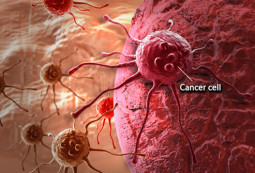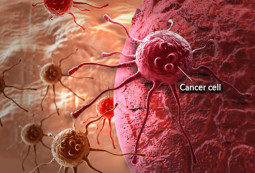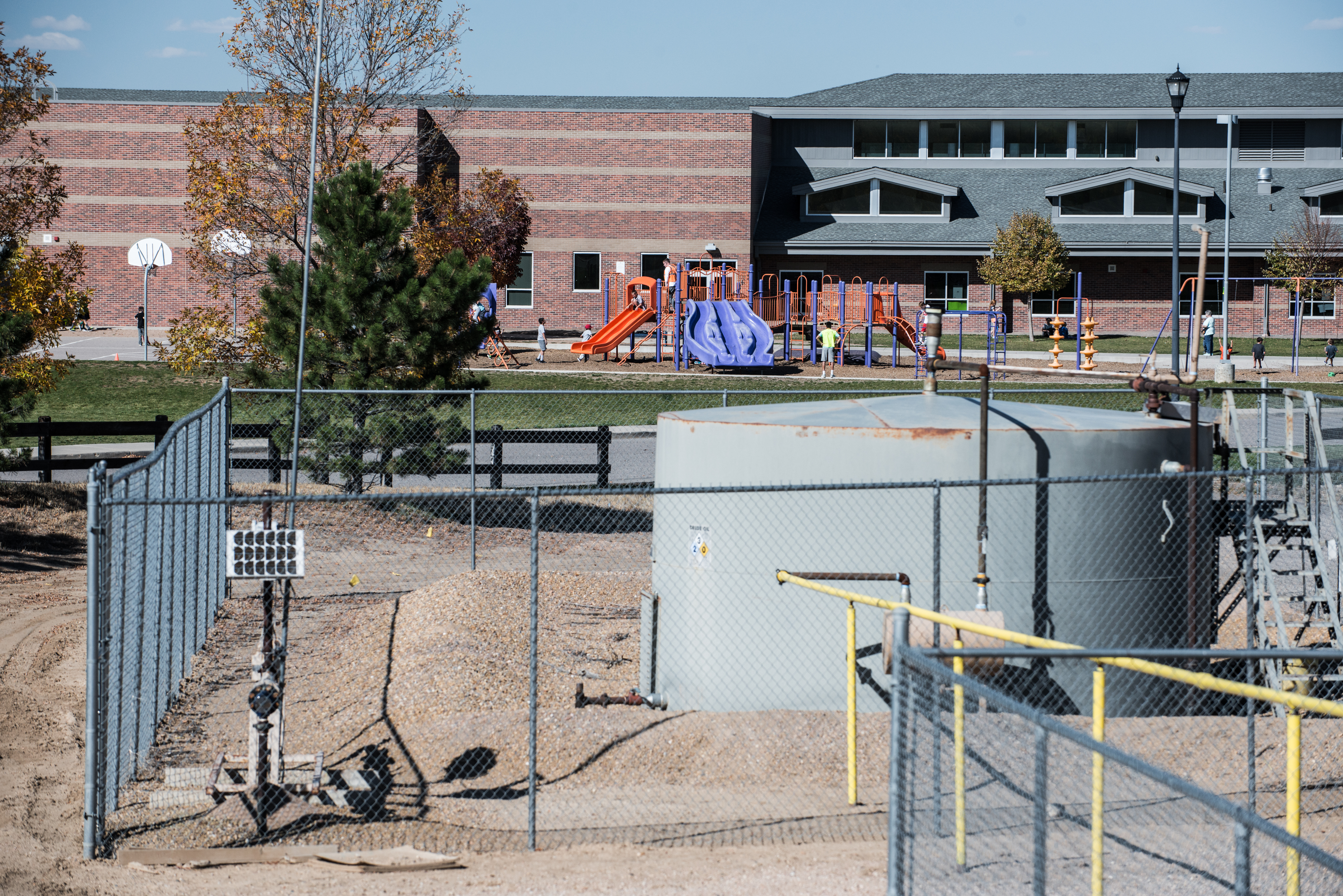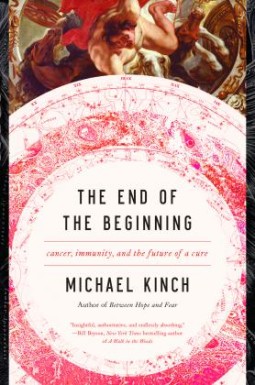 Despite all the advances in modern medical science, a diagnosis of Cancer often casts a pallor of hopelessness, for both the patient and the practitioner. For many types the prognosis is often poor; the cure is often worse than the disease; victory is usually called simply remission, temporary, perhaps fleeting. One might think the inability to find a cure indicates bafflement by our scientists and stagnation in our efforts. According to Professor Michael Kinch, there is in fact a frenzy of activity by scientists and doctors. And a recent spate of breakthroughs, developing treatments based on the inherent powers of our immune systems, represent not a refutation of all we have known before, but a continuation of efforts made by medical pioneers stretching back over a century. His latest book is titled The End of The Beginning: Cancer, Immunity and the Future of a Cure. Kinch was a professor at Purdue University, where he researched breast and prostate cancer. He then went on to found an oncology program at the biotechnology company MedImmune. He is now professor and vice-chancellor at Washington University in St. Louis. Here he shares with Chip Grandits stories from the front lines in the battle with cancer, both past and present. He speaks with what can best be described as a disciplined optimism.
Despite all the advances in modern medical science, a diagnosis of Cancer often casts a pallor of hopelessness, for both the patient and the practitioner. For many types the prognosis is often poor; the cure is often worse than the disease; victory is usually called simply remission, temporary, perhaps fleeting. One might think the inability to find a cure indicates bafflement by our scientists and stagnation in our efforts. According to Professor Michael Kinch, there is in fact a frenzy of activity by scientists and doctors. And a recent spate of breakthroughs, developing treatments based on the inherent powers of our immune systems, represent not a refutation of all we have known before, but a continuation of efforts made by medical pioneers stretching back over a century. His latest book is titled The End of The Beginning: Cancer, Immunity and the Future of a Cure. Kinch was a professor at Purdue University, where he researched breast and prostate cancer. He then went on to found an oncology program at the biotechnology company MedImmune. He is now professor and vice-chancellor at Washington University in St. Louis. Here he shares with Chip Grandits stories from the front lines in the battle with cancer, both past and present. He speaks with what can best be described as a disciplined optimism.
Host: Chip Grandits
Producer: Chip Grandits
Engineer: Chip Grandits
Additional Contributions: Joel Parker
Executive Producer: Joel Parker
Listen to the show:
Podcast: Play in new window | Download (Duration: 27:33 — 25.2MB)
Subscribe: RSS

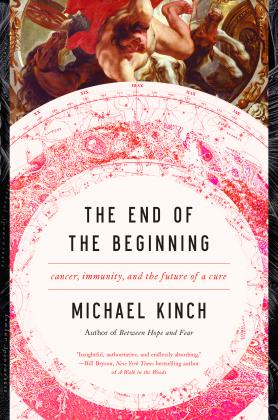


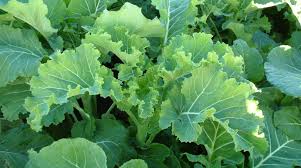
 A Consumer’s Guide to Pesticides in Produce (starts 7:55) You may be wondering if you washed the strawberries, blueberries or kale that you had for breakfast this morning enough to rid them of residue of potentially harmful pesticides. That is, if they were conventionally, not organically, grown. According to the U.S. Department of Agriculture, more than 200 different pesticides remain in some form on popular fruits and vegetables that Americans eat every day. And before testing all the produce, the USDA thoroughly washes and peels them. Such tests show that simply washing produce does not remove all pesticides. In a recently released report, as part of its
A Consumer’s Guide to Pesticides in Produce (starts 7:55) You may be wondering if you washed the strawberries, blueberries or kale that you had for breakfast this morning enough to rid them of residue of potentially harmful pesticides. That is, if they were conventionally, not organically, grown. According to the U.S. Department of Agriculture, more than 200 different pesticides remain in some form on popular fruits and vegetables that Americans eat every day. And before testing all the produce, the USDA thoroughly washes and peels them. Such tests show that simply washing produce does not remove all pesticides. In a recently released report, as part of its 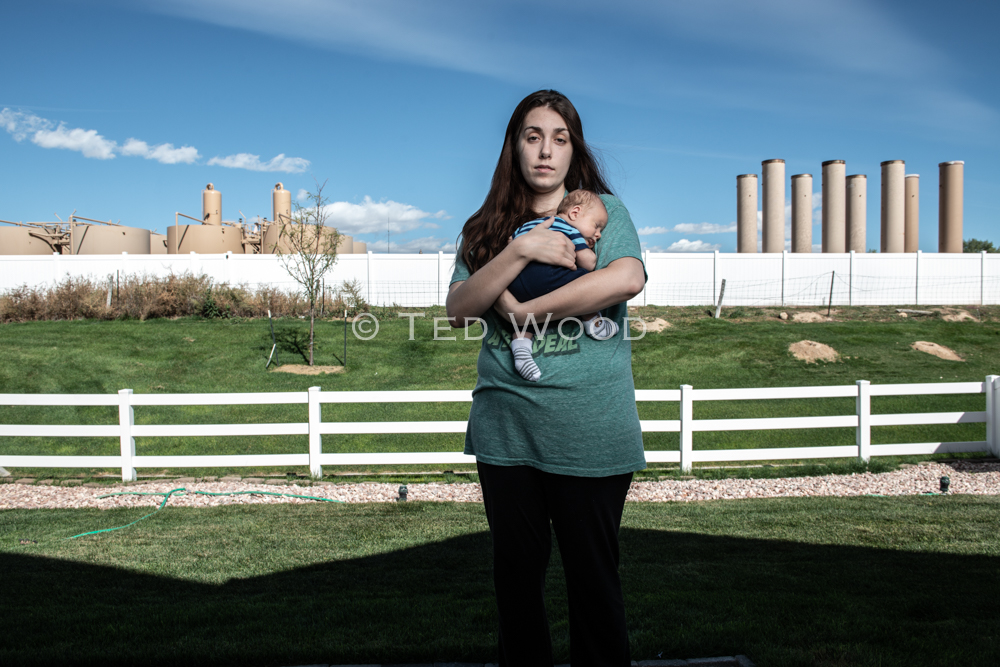
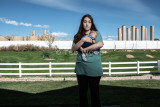
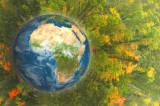 Healthy Planet+Healthy Humans? (start time: 14:46)
Healthy Planet+Healthy Humans? (start time: 14:46) 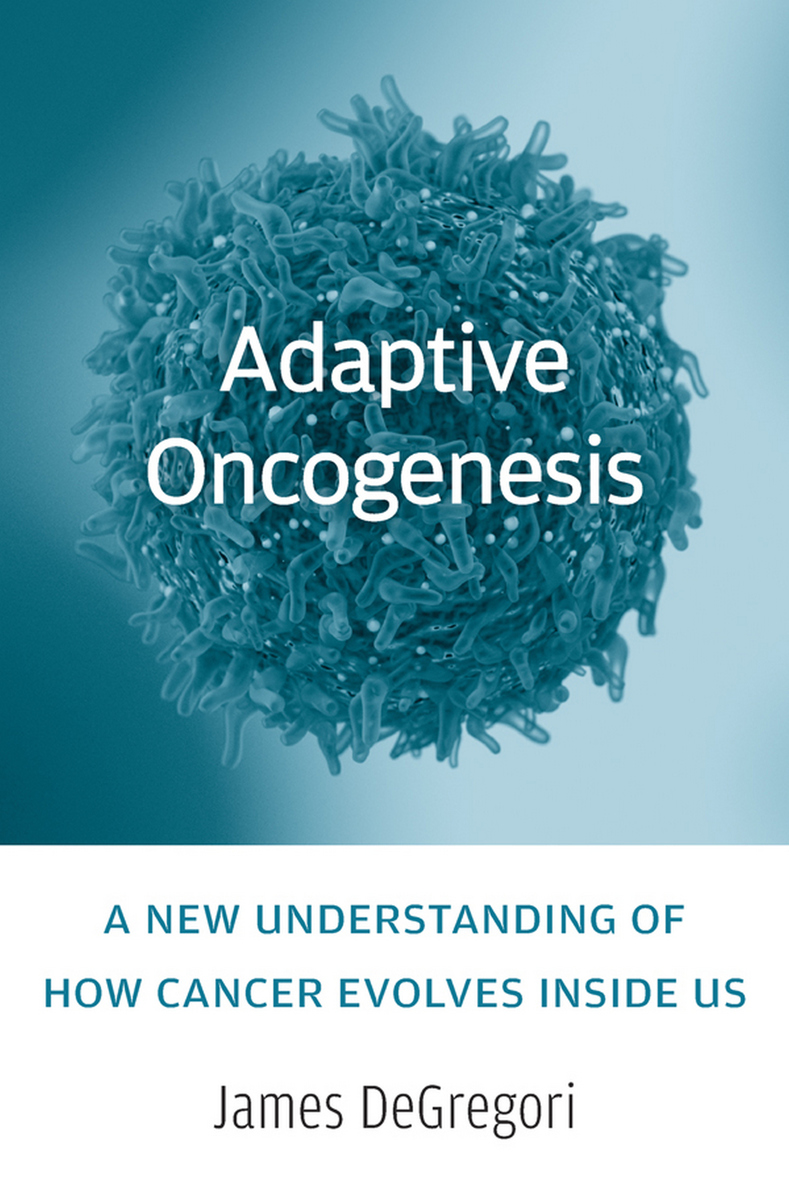
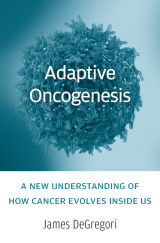 New Theory of How Cancer Evolves Inside Us (start time: 0:58): It is commonly known that cancer afflicts old people more than youth. Conventional wisdom has held we get cancer with age largely because we accumulate lots of genetic mutations over many years, and it’s the mutations that cause cancer. Our guest,
New Theory of How Cancer Evolves Inside Us (start time: 0:58): It is commonly known that cancer afflicts old people more than youth. Conventional wisdom has held we get cancer with age largely because we accumulate lots of genetic mutations over many years, and it’s the mutations that cause cancer. Our guest, 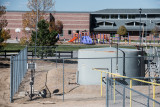
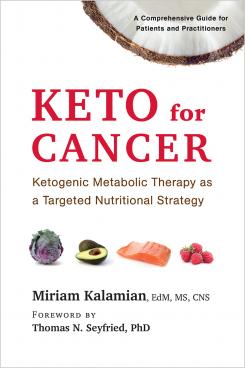
 This week on How on Earth, Beth finishes the interview with Miriam Kalamian, author of Keto for Cancer. This encyclopedic volume lays out the groundwork for using a ketogenic diet to treat cancer. But, as the author points out, the diet, which starves cancer cells, should be used in conjunction with other therapies. To see the book, go to https://www.chelseagreen.com/keto-for-cancer; to see Miriam’s website go to https://www.dietarytherapies.com/
This week on How on Earth, Beth finishes the interview with Miriam Kalamian, author of Keto for Cancer. This encyclopedic volume lays out the groundwork for using a ketogenic diet to treat cancer. But, as the author points out, the diet, which starves cancer cells, should be used in conjunction with other therapies. To see the book, go to https://www.chelseagreen.com/keto-for-cancer; to see Miriam’s website go to https://www.dietarytherapies.com/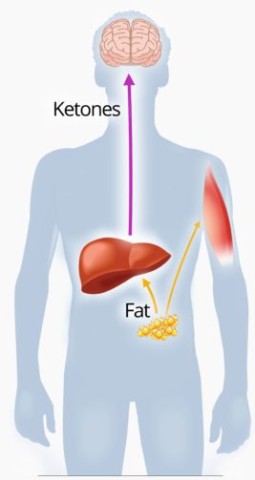
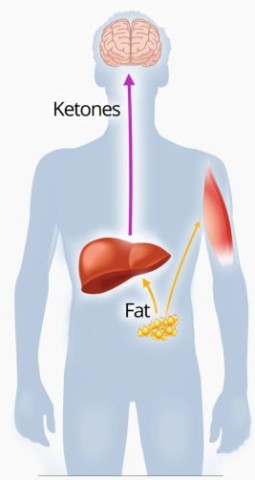 In their upcoming book,
In their upcoming book, 